
WhatsApp now lets you hide your IP address, but there are a couple of catches
In a sea of messaging apps, WhatsApp remains one of the most widely used, its popularity buoyed by end-to-end encryption. Meta has now added a new feature aimed at "those who are particularly privacy-conscious".
There is a new option to protect your IP address by hiding it from other WhatsApp users during calls. This is important as IP addresses can reveal quite a lot, including location. While the new call relaying privacy measures are likely to be welcomed, there are a couple of significant caveats to keep in mind.
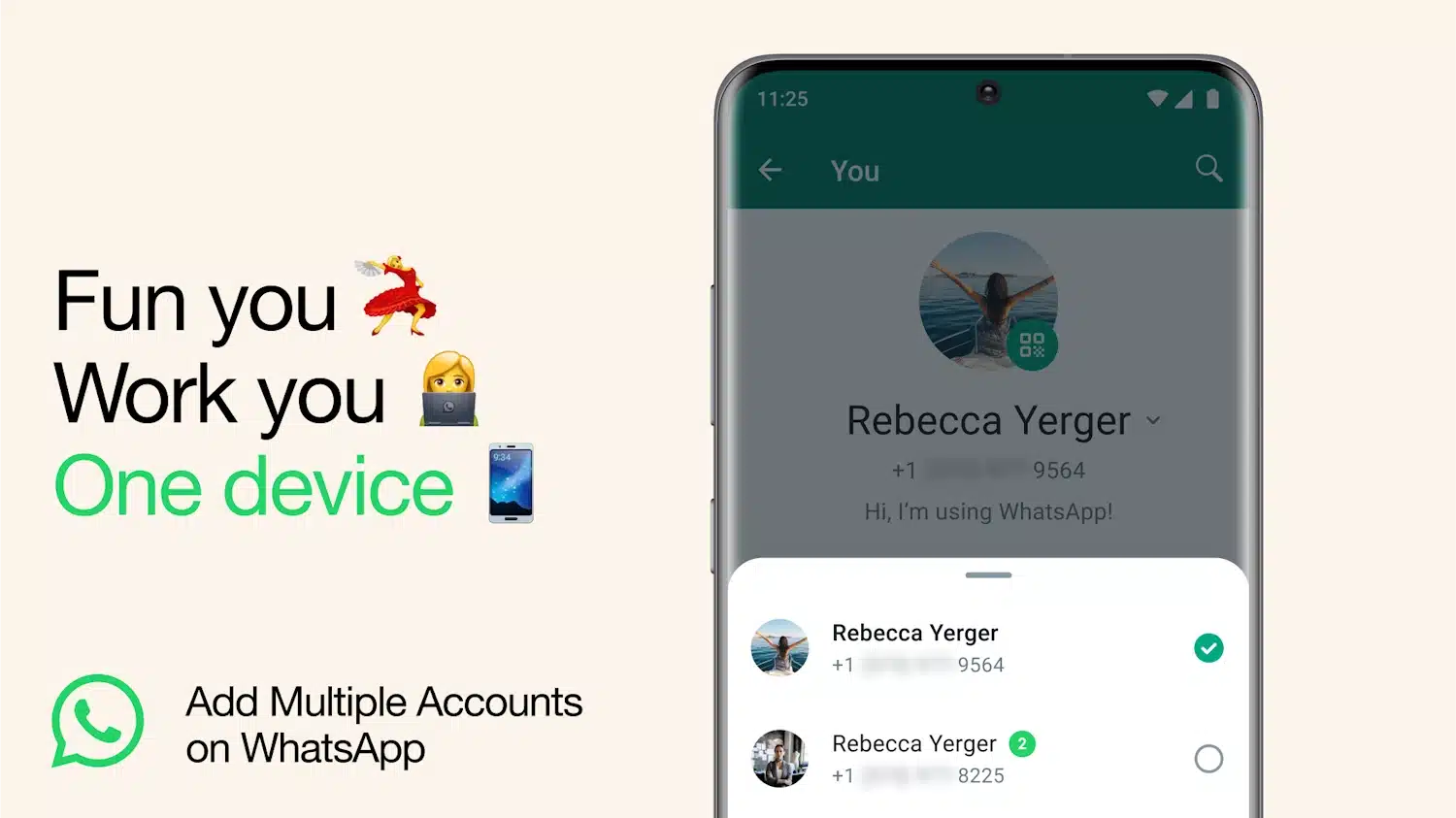
WhatsApp will let you sign into two accounts at once... but there's a catch
Life is about to get a little easier for WhatsApp users with more than one account. Many people have a work phone and a personal device, each associated with a different WhatsApp account. There are also plenty of users with two phone numbers for other reasons.
Simplifying living with more than one account, WhatsApp is introducing the ability to log into two accounts simultaneously. This eliminates the need to keep logging in and out, or having to carry two phones around to stay connected. So what's the catch?

WhatsApp adds passkey support to boost security
The Meta-owned messaging app WhatsApp has joined the growing legions of apps and services to support passkeys.
Initially available to Android users, the passwordless authentication feature makes it possible to secure a WhatsApp account with face recognition, a fingerprint or a PIN. It is a security feature that is billed as not only offering greater protection than passwords, but also being faster to use.

WhatsApp's new Flows feature lets you shop, book appointments and more from a chat with a business
Continuing its expansions in to shopping and eCommerce, Meta has announced WhatsApp Flows. The new feature allows businesses to give customers the chance to do things like book tickets and order items from within a chat.
Flows can be customized by merchants to meet the specific needs of a business, creating workflow-like purchasing experiences for customers. Launching globally over the coming weeks, WhatsApp has been testing Flows with partners in Brazil and India.

Soon you will be able to use WhatsApp to chat with people on other platforms
WhatsApp not only remains astoundingly popular, developers continue to refine existing features and add new capabilities at an astonishing rate. The latest beta version of the messaging app shows exciting signs that it may soon be possible to use WhatsApp to send and receive messages between other platforms.
This is an important -- and much-requested -- development because while WhatsApp has a colossal userbase, it is not yet ubiquitous. The fact remains that not everyone you may want to chat with is necessarily a WhatsApp user. In the future, this should not be a problem with the arrival of support for third-party chats.

Meta is expanding WhatsApp-style end-to-end encryption to Messenger
Security is vital for digital communication, and that's why the likes of Telegram and WhatsApp's end-to-end encryption (E2EE) is so important and popular. Meta has long been keen to expand this security feature to its various other messaging platforms, and now the Facebook-owner has announced that it is implementing E2EE for all Messenger users.
The company points out that this is currently a test phase, so while more and more people will see immediate security enhancements, the rollout will not be complete until the end of the year.
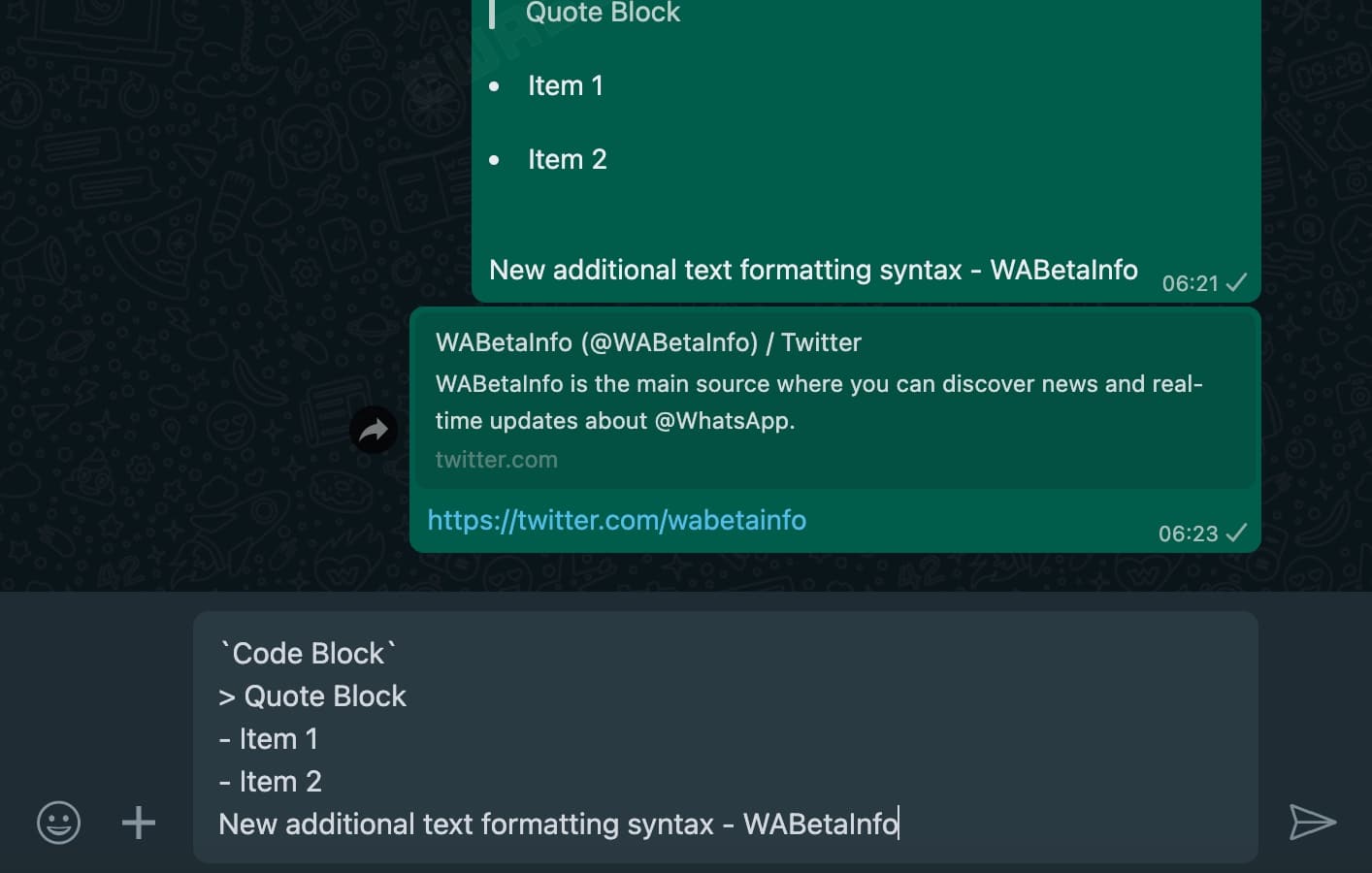
WhatsApp is finally getting more text formatting tools
Although WhatsApp leads the way in many regards, there are plenty of areas in which it is lagging behind. The text formatting options in the message app are incredibly limited, for instance, but this is about to change.
The Meta-owned app is finally being given more formatting tools. The update means that WhatsApp users will no longer be limited to using bold, italics and strikethrough, and the need to find workarounds for the lack of common formatting options will soon be eliminated.
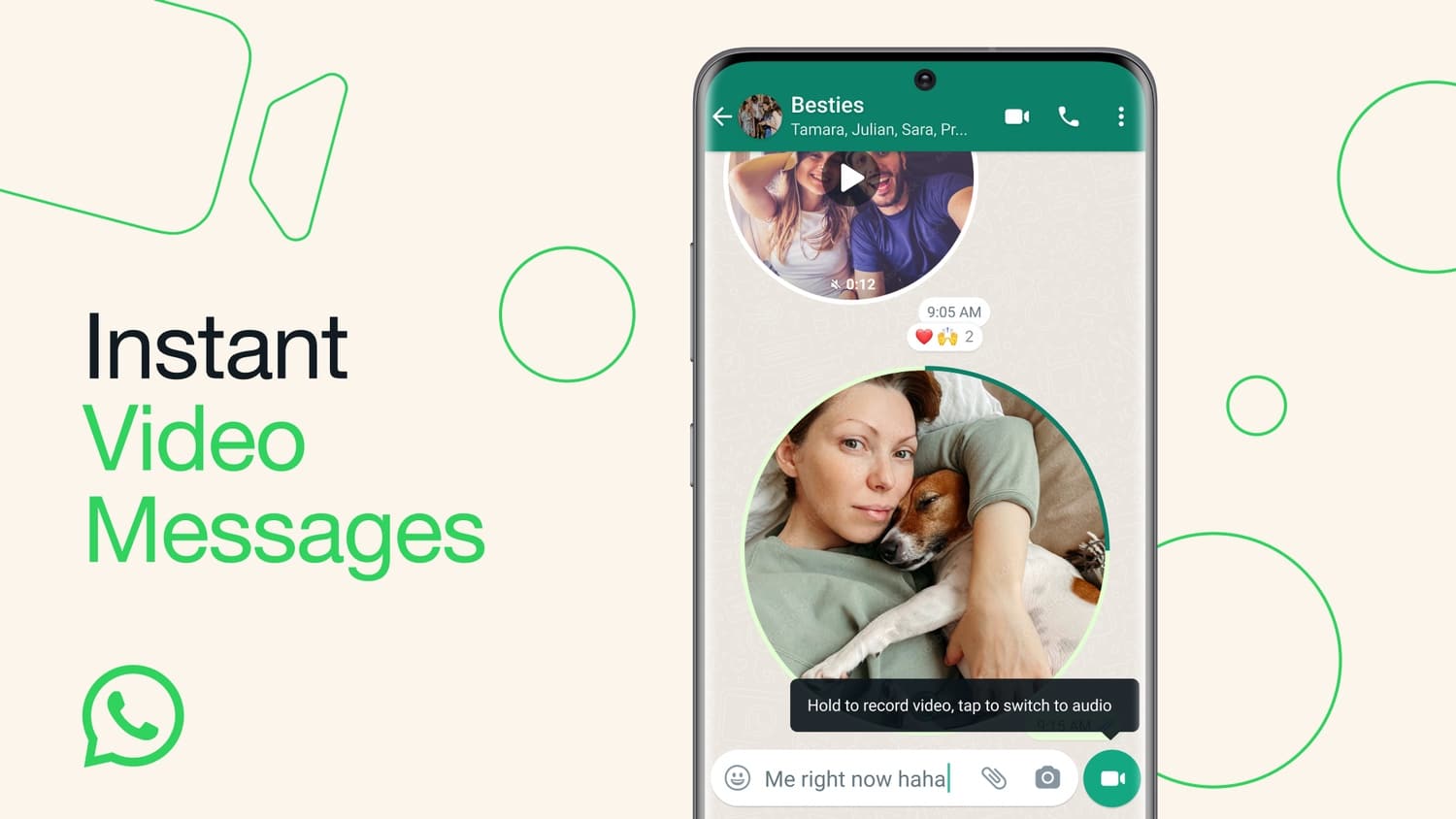
Instant video messages arrive in WhatsApp
There are many ways to use Meta's WhatsApp. From typing text-based messages through sending photos, to full-on video chats, there are options to suit just about every eventuality.
With voice messaging having proved incredibly popular, WhatsApp is now expanding its instant messaging options to include video. Just like its audio-based cousin, instant video message let you quickly record and share messages -- this time with video.
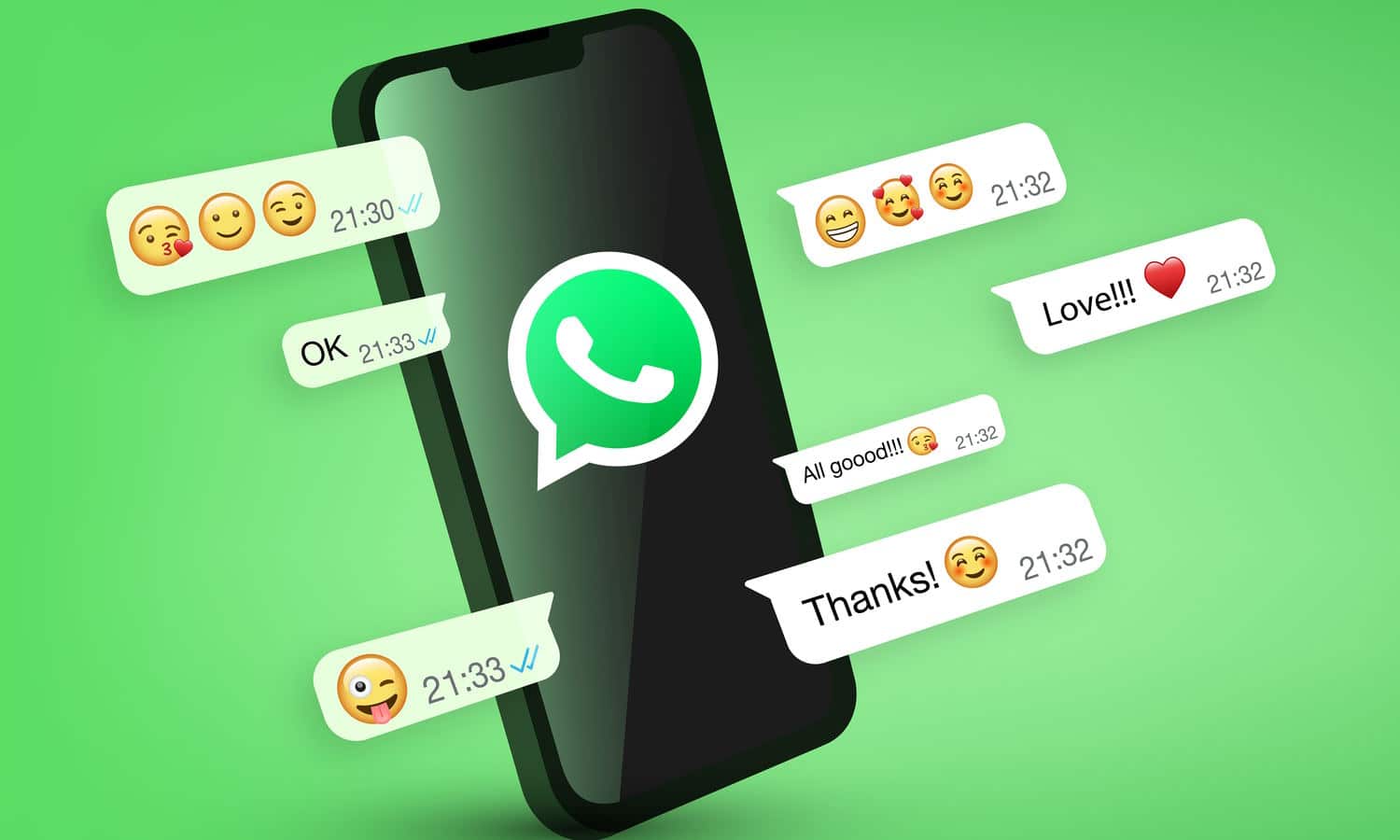
Introducing WhatsApp's latest superpower: edit your sent messages!
Hey there, WhatsApp enthusiasts! Brace yourselves because the messaging world is about to get a whole lot more forgiving. That's right, WhatsApp has bestowed upon us a brand-new superpower—the ability to edit our sent messages. Cue the applause!
We've all been there. That moment when you hit the "send" button and immediately realize you've made a monumental typo or said something that sounded way better in your head. Well, fret no more, my dear WhatsAppers! With this marvelous new feature, you can now fix those blunders and regain control over your chats.
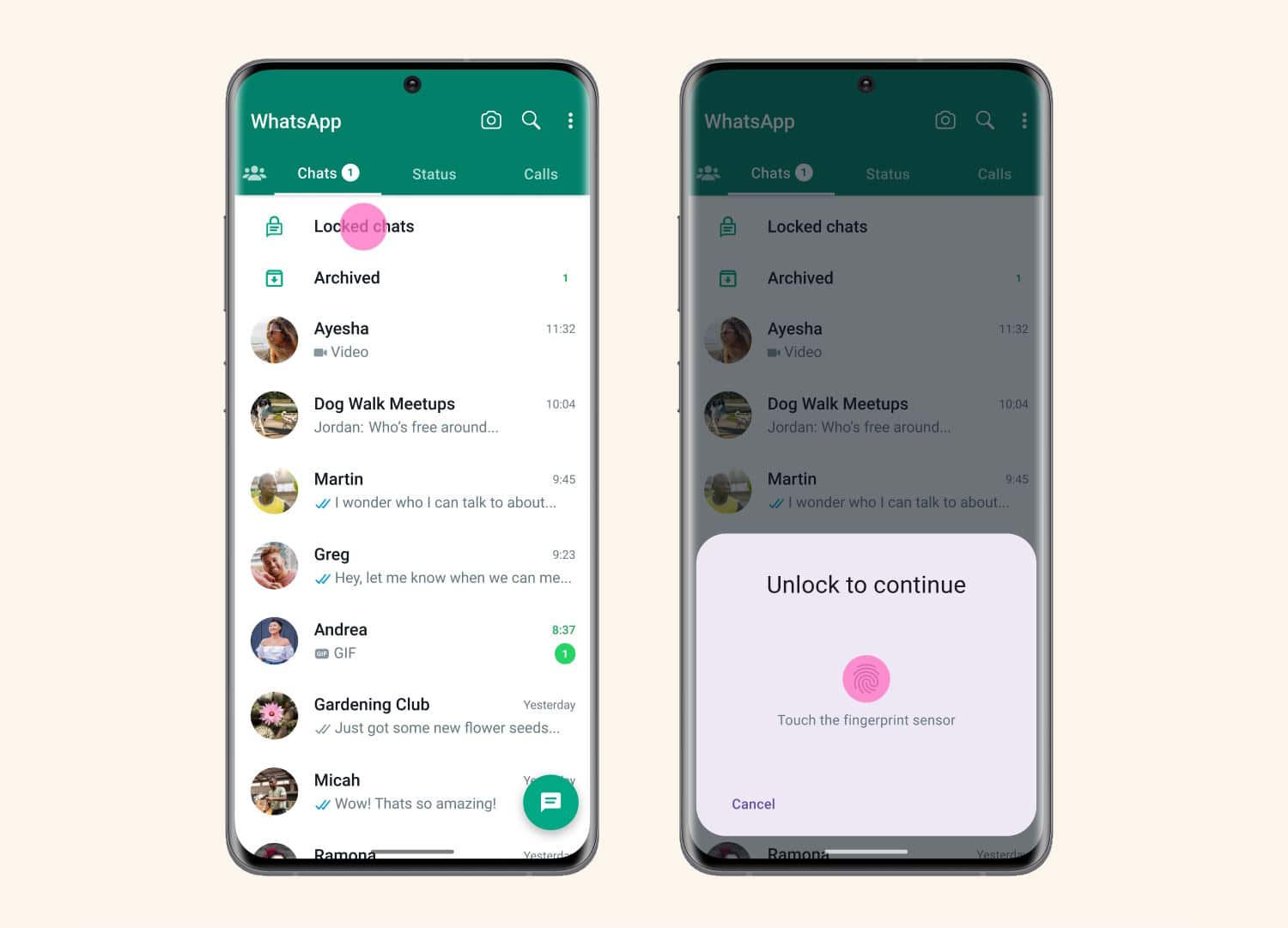
WhatsApp introduces Chat Lock to protect sensitive messages
WhatsApp has long been one of the more secure messaging apps with mass appeal, largely thanks to end-to-end encryption. This has been boosted further by features such as disappearing messages, and now Meta has added Chat Lock.
The company says that the feature "lets you protect your most intimate conversations behind one more layer of security"; what this means in practice is that message can be password or fingerprint protected. But there is more to Chat Lock than this.
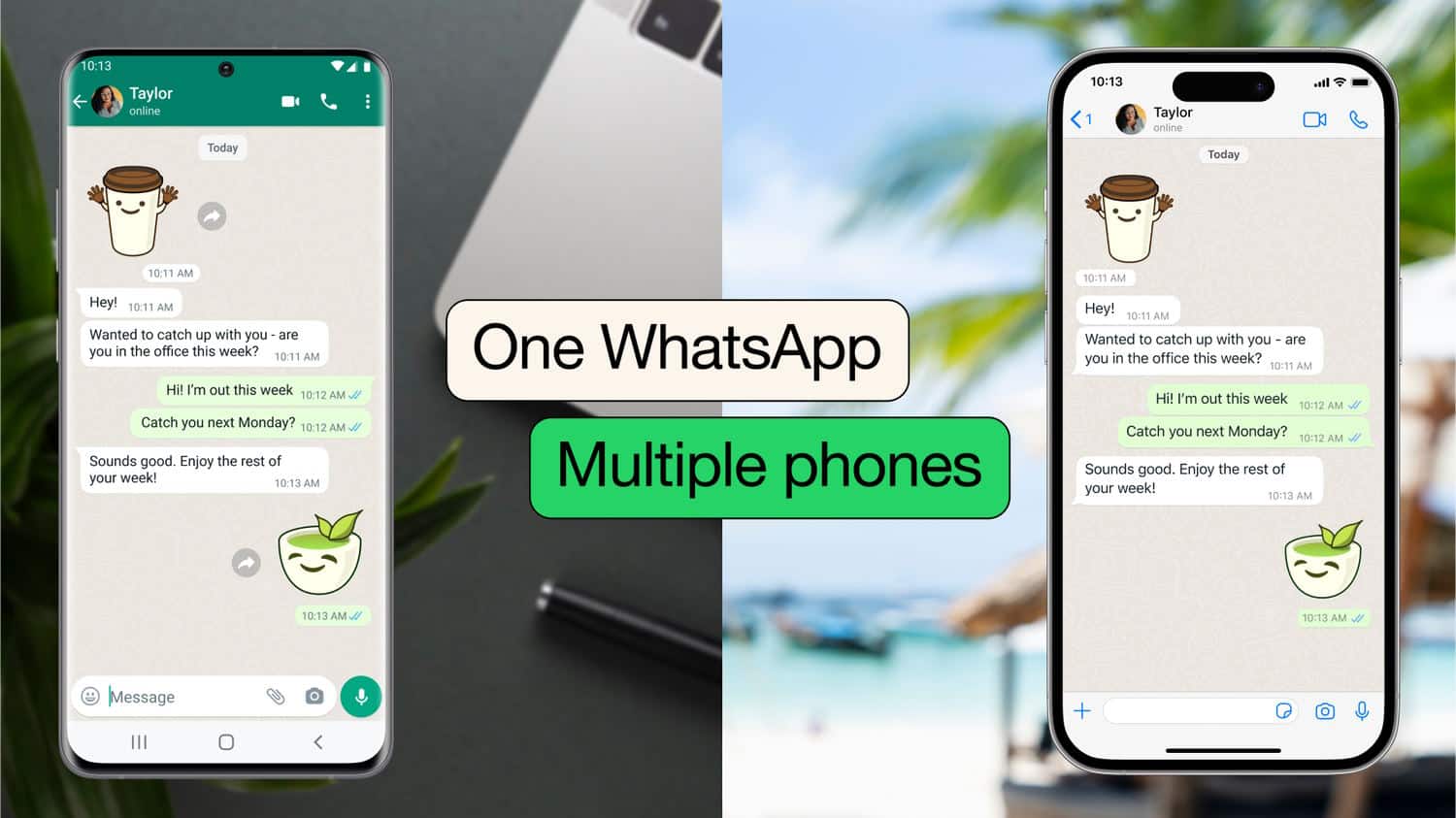
WhatsApp rolls out multi-phone support to all users
It is only very recently that WhatsApp beta users were given the ability to use the chat app across multiple phones. Now the company has announced that the feature is being rolled out globally to all users.
It has been possible for some time to sign into a single WhatsApp account on multiple device, but only one phone was permitted. This is something that, for numerous reasons, users have complained about -- and now it changes for everyone.

WhatsApp makes a very strange change to disappearing messages
WhatsApp is not alone in offering a disappearing message feature. It is an idea that's fairly self-explanatory: messages can be configured to automatically delete after a certain period of time -- something that's ideal for certain sensitive information.
But in a slightly confusing move, WhatsApp is introducing the option to stop disappearing messages from disappearing. The option is called Keep In Chat, and it is being described as "your new sender superpower".
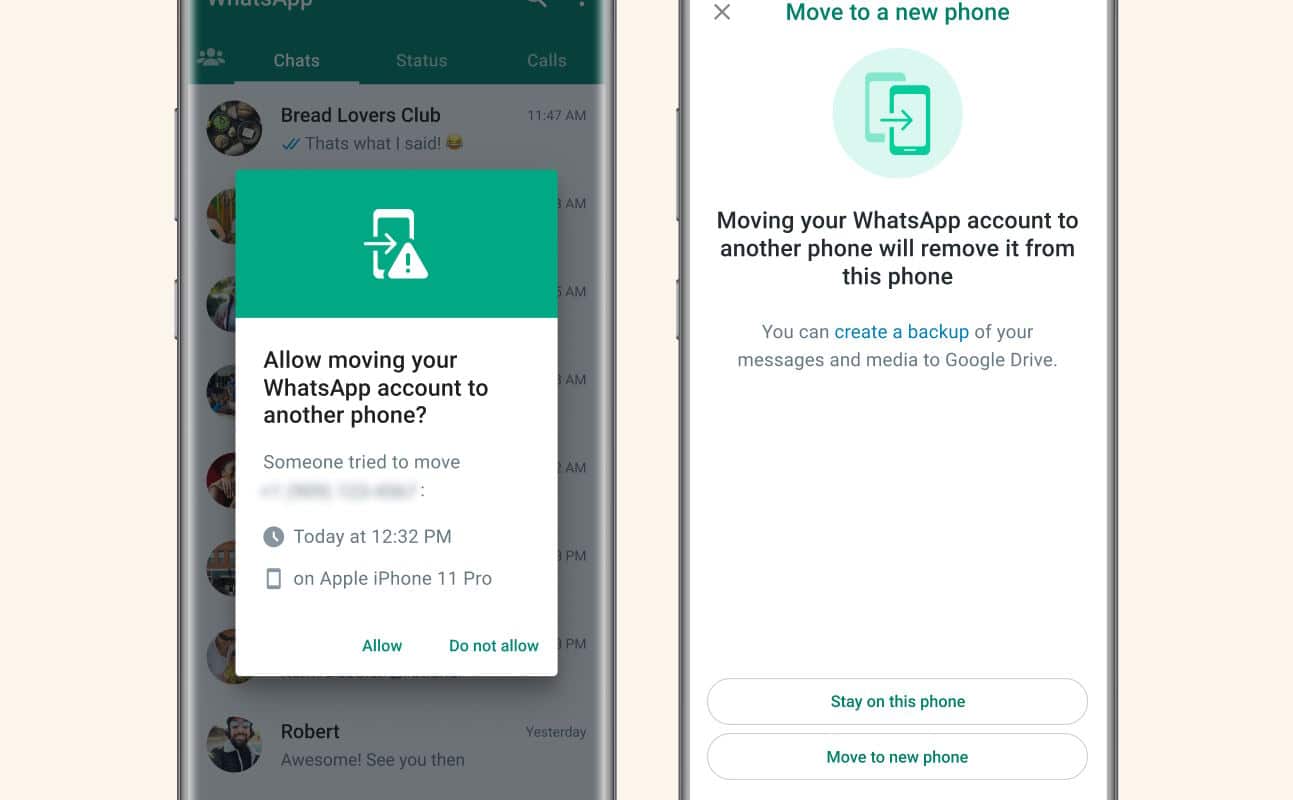
WhatsApp announces a raft of new security features -- Account Protect, Device Verification and Automatic Security Codes
WhatsApp has announced a series of new privacy and security features to help protect against account hijacking and more.
The company says that it believes "your messages should be as private and secure as an in-person conversation", and it is with this in mind that it is launching Account Protect, Device Verification and Automatic Security Codes. Until now, we have only seen signs of these security features in beta versions of the chat app, but now an official announcement has been made promising an imminent rollout.

New Companion Mode lets you use WhatsApp on more than one phone
If you have ever wanted to use WhatsApp on two or more phones, you will have been disappointed. While Meta has made it possible to be signed into a single WhatsApp account across multiple devices for a while, only one of them can be a phone; the others can be laptops or desktops running the app, or a device signed into the web version of WhatsApp.
But now this is changing. After a period of testing with a small number of users, WhatsApp is now rolling out Companion Mode more widely. This is a new feature that lets you sign into your account on multiple mobiles -- in fact you can use the same account on up to four phones if you want.
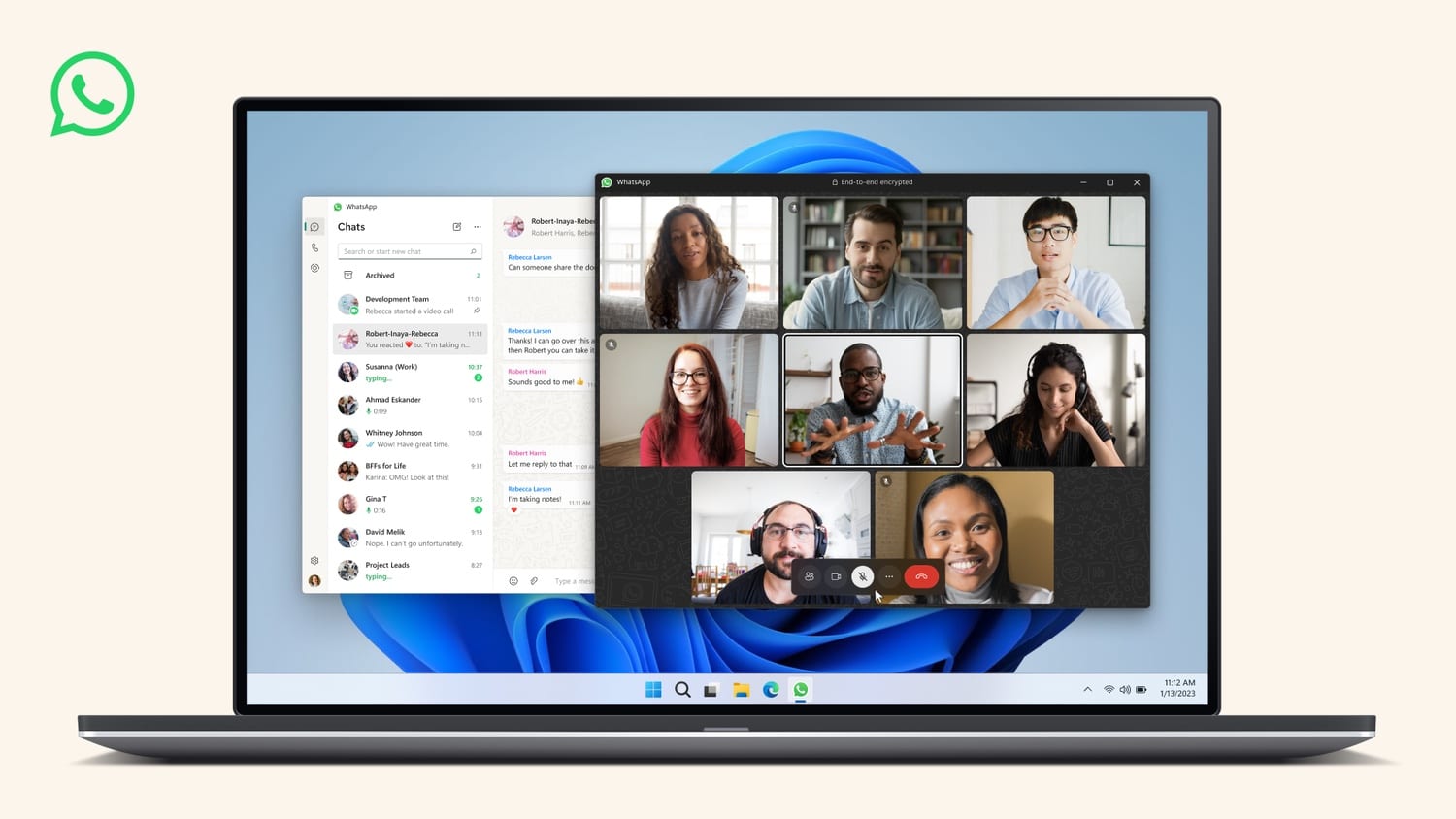
There is a new, faster version of WhatsApp for Windows with improved calling features
While WhatsApp is most commonly used on mobile devices, growing numbers of users are adopting the desktop version of the app. Meta has just announced the release of a significantly improved version of the Windows app.
Speed is a key upgrade here, with load times being reduced, but there are also feature improvements. The latest version of WhatsApp for Windows now supports larger group video and audio calls.
